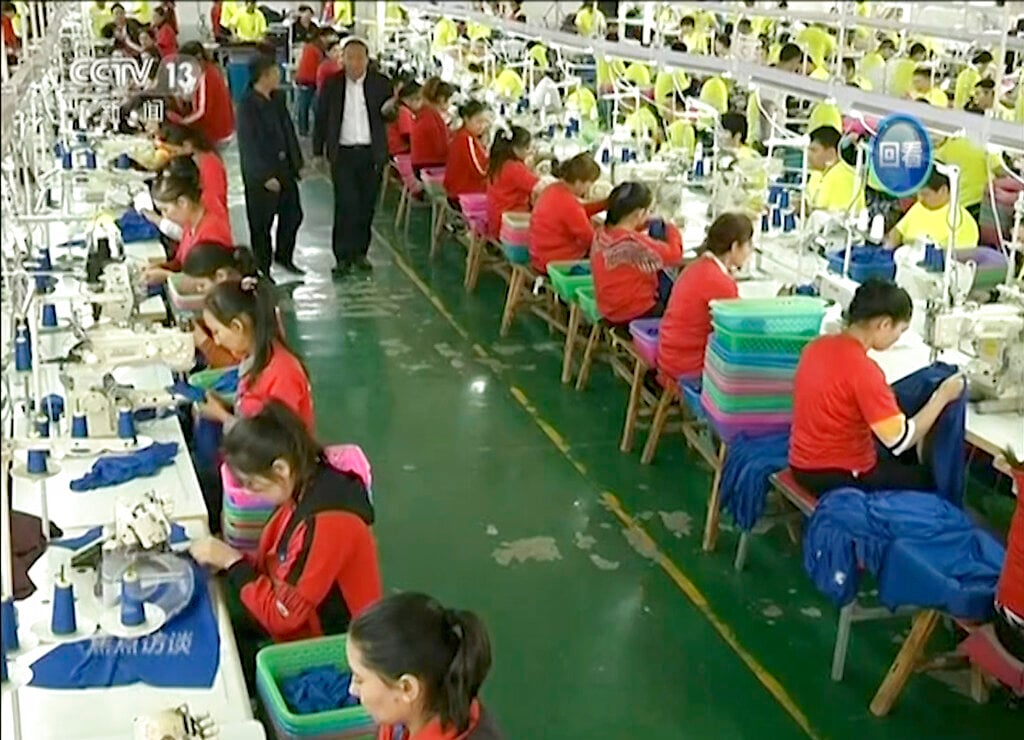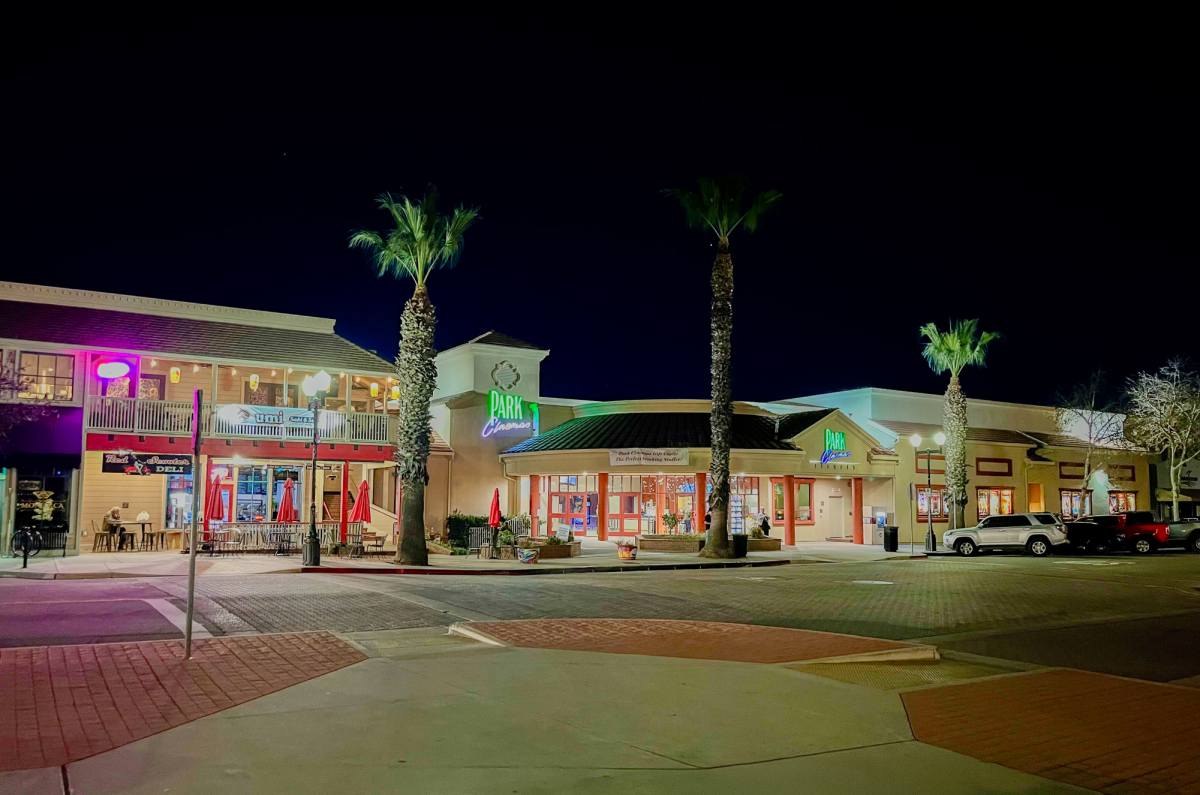Have you purchased products from a company which uses slaves? You might think not. And, of course, the 13th Amendment ended slavery, right? Also, every single country which has been recognized by the United Nations has banned slavery. Half of Bearcats think there are only one to ten million people in forced servitude, but the reality is much more severe. Slavery is still a looming problem in our world today. According to a 2021 study by the Global Slavery Index, there are an estimated 50 million slaves alive today. Many companies still use slavery, including ones that you likely have purchased from, like Temu and Nestle.
One of the largest companies which use modern day slavery is Chinese-owned Temu. A 2024 study by Omnisend found that 57% of Americans shop on Temu; and the impact of this is widespread. A 2021 study showed that 16% of clothing which used cotton was traced back to production in Xinjiang (a region in China), and “Xinjiang Cotton” has been featured under product descriptions on the Temu website. According to the US Department of State, in 2017 there were an estimated one million slaves alone being held in Xinjiang.

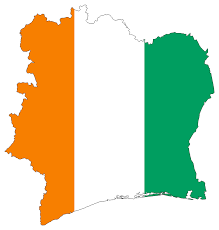
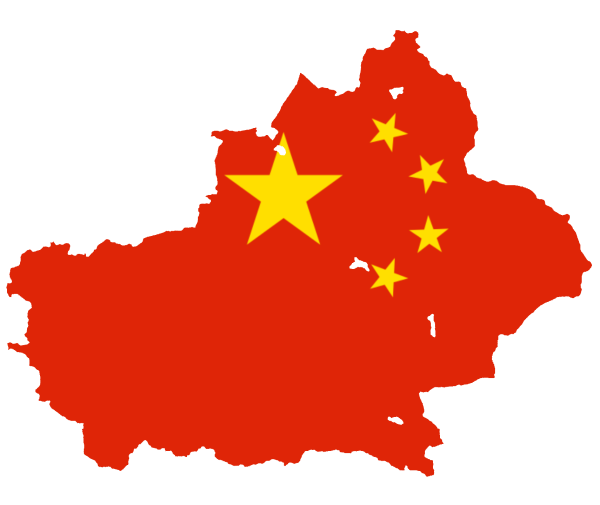
With the Uyghur Forced Labor Prevention Act signed in 2021 by President Biden, products made in Xinjiang were banned from being shipped to the United States. Unfortunately, Temu has weaseled its way around this by using the “de minimis provision.” When shipping goods valued at less than $800 through international waters, duty fees are exempt and no documentation of materials being used are processed. The odds are high that Temu uses cotton and manufacturing which was made by slaves.
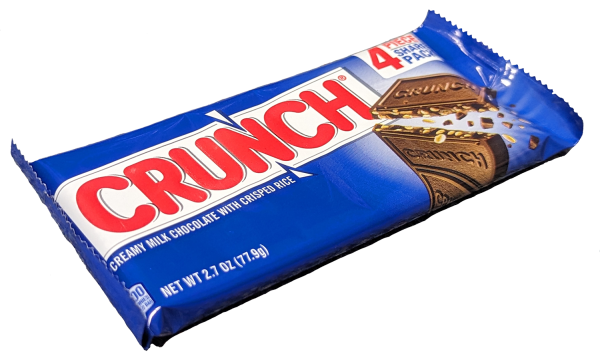
Indirect slavery is mixed into goods sold by Nestle, and this is probably a company which you’ve bought from. A study has shown that 35% of Nestle’s profits have come from North America. Some products which are made by Nestle include CRUNCH, Nesquik, and KitKats, which use cocoa. 80% of the world’s cocoa supply comes from West African countries such as Ghana and Côte d’Ivoire (Ivory Coast). However, a study under the Sheffield Political Economy Research Institute (SPERI) found that 23% of surveyed cocoa workers in West Africa received zero pay for their work in plantations. Nestle reports that 75% of their cocoa products come from Ghana and the Ivory Coast. This alone is not proof that their cocoa was harvested by slaves, but they can only trace 51% of their supply from its original source. This means that a large part of the cocoa which Nestle is purchasing comes from anonymous sources in a region in which nearly a quarter of workers in the industry are slaves.
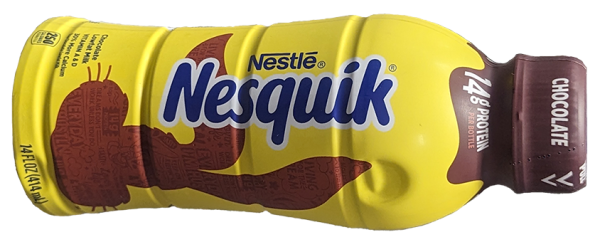 In a Supreme Court case in 2020, Nestle was sued by six men for encouraging and aiding child slavery. These plaintiffs claimed to be kidnapped as children from Mali and brought to the Ivory Coast for cocoa production. The plaintiffs describe various torture methods in which the enslavers used to keep children form leaving the plantations, including forced consumption of urine and slitting feet open. The case was dismissed because the alleged crimes did not take place in the United States. It is important to note that the Supreme Court did not dismiss the claims themselves, but they could not legally proceed.
In a Supreme Court case in 2020, Nestle was sued by six men for encouraging and aiding child slavery. These plaintiffs claimed to be kidnapped as children from Mali and brought to the Ivory Coast for cocoa production. The plaintiffs describe various torture methods in which the enslavers used to keep children form leaving the plantations, including forced consumption of urine and slitting feet open. The case was dismissed because the alleged crimes did not take place in the United States. It is important to note that the Supreme Court did not dismiss the claims themselves, but they could not legally proceed.
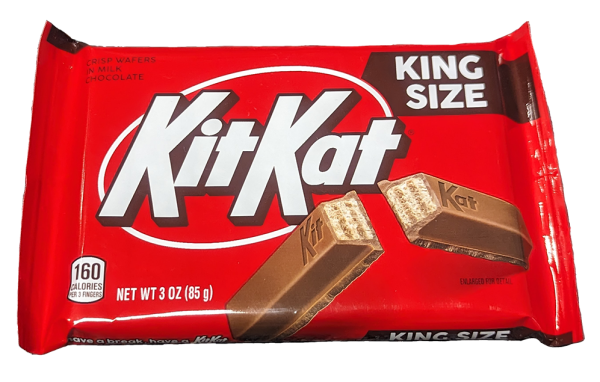
Companies such as Temu and Nestle very likely use slavery, using slick methods to get around slavery laws. The savings this provides allows them to lower the cost of production, creating cheaper items for customers to purchase. Cheap prices might seem like a great thing, but is it worth the enslavement of others? Most Americans have bought from these companies, but perhaps it’s time for that to change. 60% of polled Bearcats are planning to buy fewer products from large companies who use modern day slavery: will you join them?


